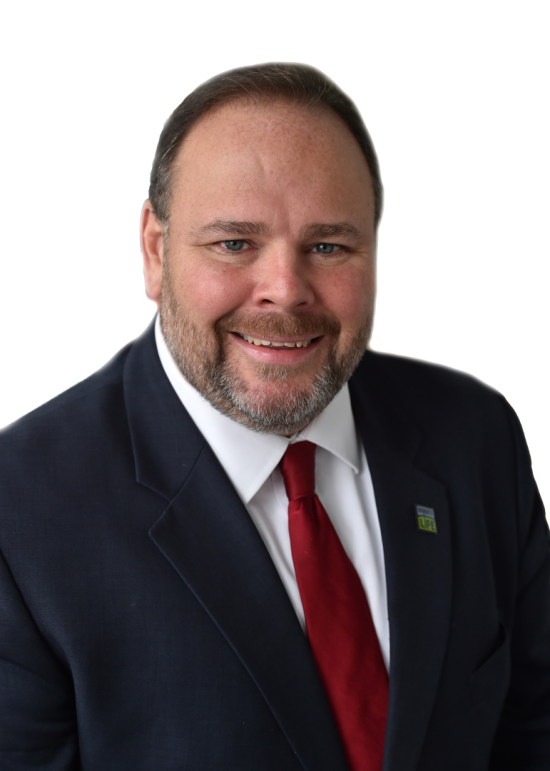Palmesano Strongly Opposes Thruway Toll Hike
CORNING - In a strongly-worded letter to New York State Thruway Authority officials, Assemblyman Phil Palmesano (R-C-I-Corning) chastised the agency for proposing a 45 percent toll hike for commercial vehicles at a time when New Yorkers are still reeling from a recession. “It is unconscionable to think the increased tolls will not be passed on to consumers in the form of higher commodity prices,” he said, adding, “and how can New York proclaim to be ‘open for business’ when this clearly misguided idea sends exactly the opposite message?”
Palmesano submitted his comments today at the close of the public comment period required before the Thruway Authority will decide whether to implement the new higher toll fees for commercial vehicles. He joined numerous other state legislators, from both sides of the aisle, and members of the business community expressing opposition to the proposed toll hike.
“This will kill jobs and it will add financial burdens to New York families in the form of higher prices for everything from food to shoes,” said Palmesano. “Just when we’re beginning to see hopeful signs of economic development and progress toward bringing New York back from lost jobs and high taxes, this happens.
“I cannot stress enough how damaging toll hikes would be to our economy,” he continued. Many farmers, small businesses and trucking firms have expressed outrage over the proposed toll increase, Palmesano noted, some threatening to move south over the border. “I don’t blame them for their reaction, and it’s difficult to defend such an outrageous toll hike. This is not the message we need to be sending to businesses at this very critical time.”
In addition, the assemblyman predicted trucks will avoid the higher tolls by taking alternate, non-toll roads. The trucks will be traveling through rural communities, putting local motorists at risk, creating noisy traffic, not to mention the wear and tear on secondary highways from heavy vehicles. The costs of repairing deteriorating roads due to increased heavy truck traffic will fall directly on local property taxpayers, he noted. “At a time when local governments already are facing challenging budgets, this will indeed lead to greater damage to local roads resulting in increased costs to local property taxpayers,” Palmesano wrote in his letter to the Thruway Authority.
Palmesano joined business groups across the state in protesting the proposed toll increase, including the New York Farm Bureau, National Federation of Independent Business, Unshackle Upstate, Retail Council of New York State, Manufacturers Association of Central New York, Business Council of New York State, and New York State Motor Truck Association.
